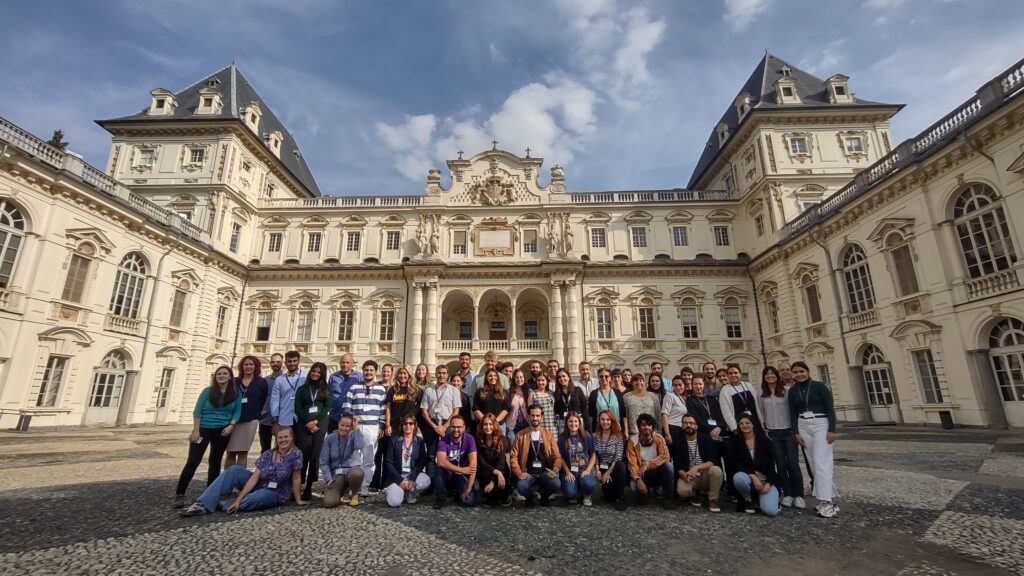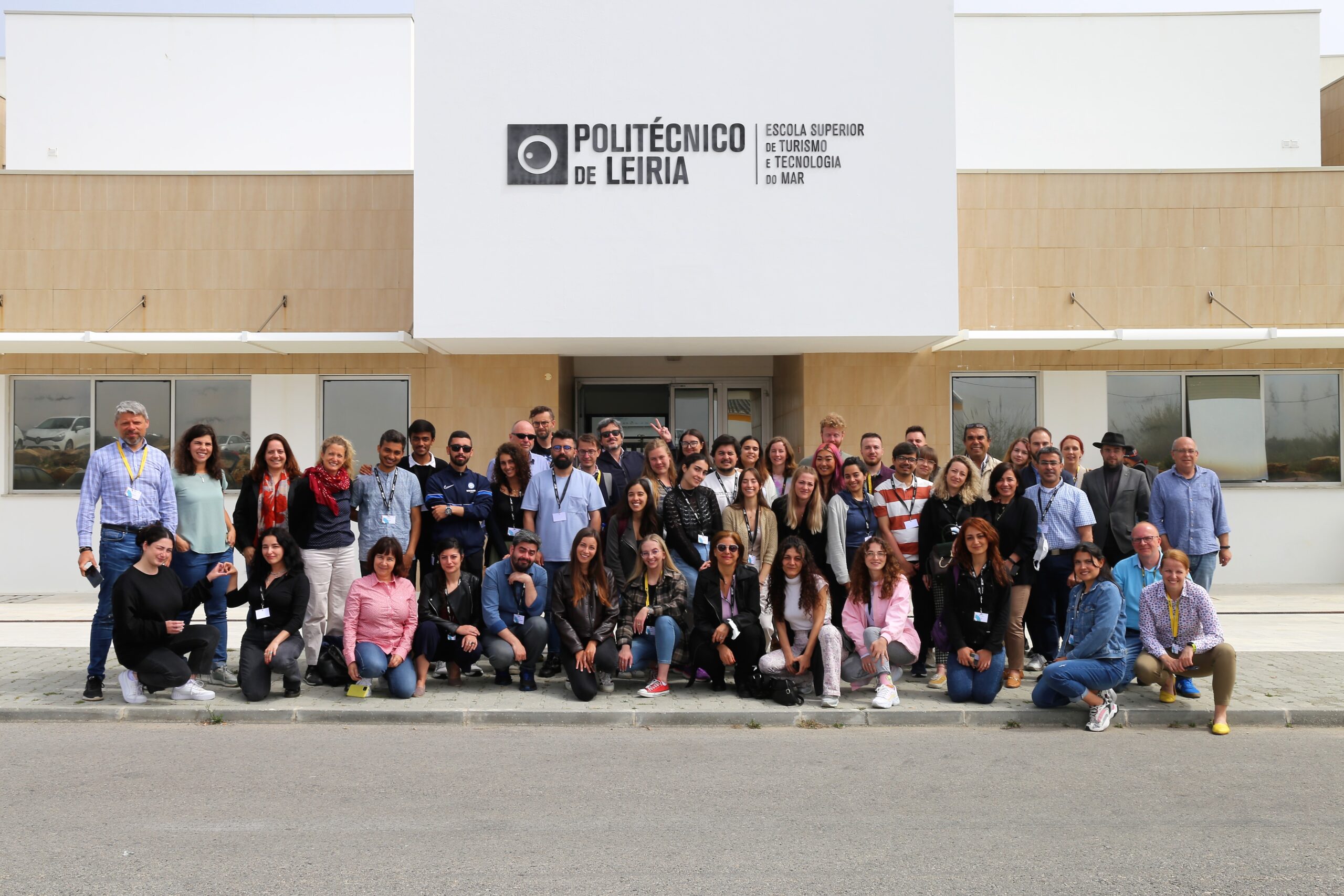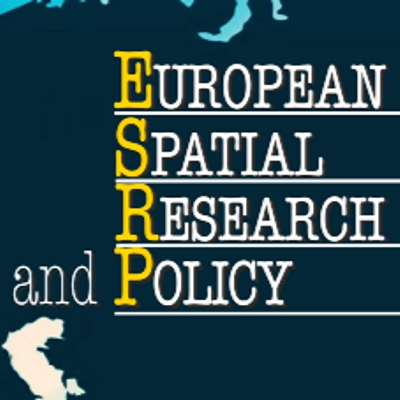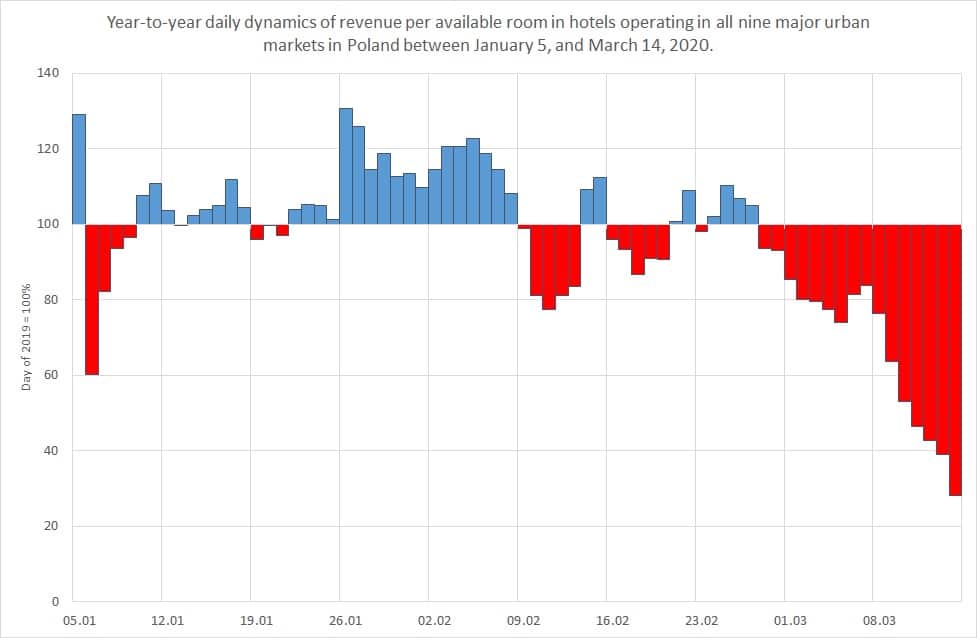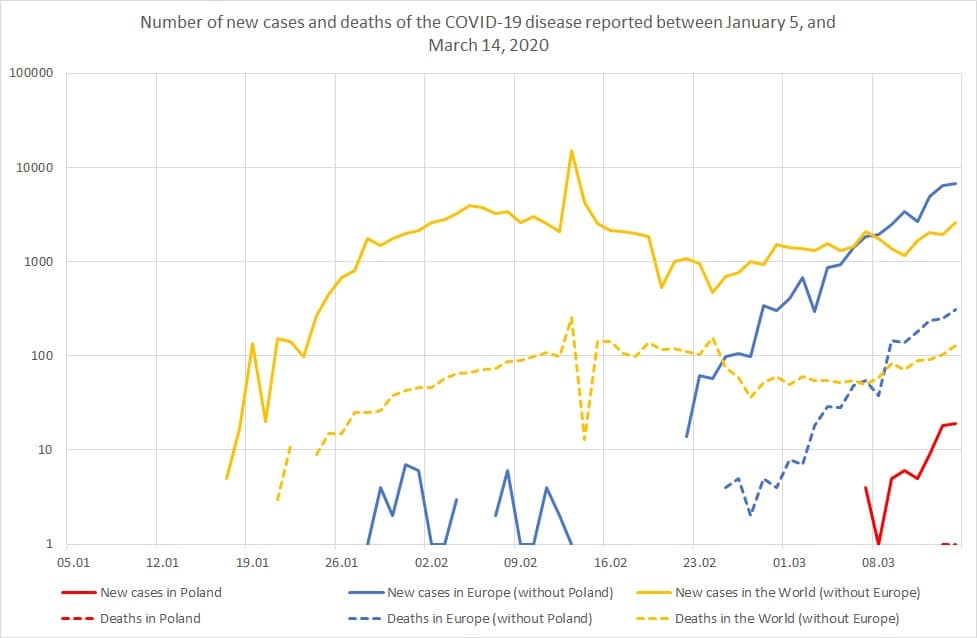SPOT project proudly announce the call for papers for the special issue of European Spatial Research and Policy journal. This special issue will be recognized as one of project’s outputs (European Handbook of Tourism Spatial Planning).
Special issue on “Sustainable spatial planning of tourism destinations”
Tourism and its related activities are, by definition, a spatial complex of processes that shapes the tourism landscape and affect social, economic, cultural, and political relations that characterise a specific place or territory (Shaw and Williams, 2004). In this light, sustainable tourism, through its cross-sectoral and multi-scalar nature, contributes to promote economic growth and development, creates jobs, spurs sustainable agriculture, promotes inclusiveness, engages excluded people, promotes investments in clean energy sources and regeneration, preserves cultural and natural heritage, adopts sustainable consumption and production modes, plays a leading role in the global response to climate change and fosters multicultural and inter-faith tolerance and understanding (UN-WTO 2019).
The essence of sustainable tourism (and, consequently, of sustainable spatial planning of tourism destinations) inherently concerns the social and educational value of cultural heritage. More specifically, sustainable spatial planning of tourism destinations requires the promotion of civic and social responsibility for tourism destinations and regions among policy-makers and practitioners, as well as among the civil society, market actors, and the research community in its broadest sense. In this light, to be sustainable tourism planning needs to be developed as a participatory, inclusive and intercultural activity, in so doing contributing to economic development while keeping in mind the EU’s overarching objective as social, economic and territorial cohesion (TA2030). Thus, European values of gender and age equality, non-discrimination, promotion of diversity, and counteracting violence and racism should be included, together with more market-oriented logics aiming at the valorisation of tourism destinations, as well as approaches focusing on the protection and conservation of the natural, landscape, and cultural heritage they host on their territory.
However, the tourism commons frequently experience problems of mismanagement, including a lack of strategic planning, and excessive and inconsistent investments (Briassoulis, 2002). Urban regeneration, or urban renewal/redevelopment, is a significant challenge in tourism destinations as well. On the one hand, local assets ought to be recognised and effectively incorporated in a development project. That applies to, for instance, less obvious elements of cultural heritage that are prone to sustaining irreversible losses (Pielesiak, 2015). On the other hand, though, investments should serve the purpose of raising local communities’ environmental, cultural, social, and economic awareness (Leśniewska-Napierała and Napierała, 2017). Hence, a European approach to innovative, sustainable, and inclusive tourism planning should be developed and matched to the goals of sustainable Europe (TA2030).
To add further complexity to this framework, one should notice that the concept of sustainable spatial planning of tourism destinations implies that (1) a specific set of institutions and instruments exists and they are dedicated to sustainable spatial planning, and that (2) these institutions and instruments include, more or less explicitly, tourism and the related dynamics in their scope of activity. While this condition may appear tautological to some, recent comparative studies focusing on spatial governance and planning systems around Europe have shown that it is not necessarily the case, with tourism issues constituting the explicit focus of spatial planning activities only in few countries or regions, while in all the remaining contexts these issues are encompassed by planning activities in an implicit manner at best (ESPON COMPASS, 2018). In these terms, the role of regional and local tourism planning institutions, actions, and practices cannot be overstated, and the same stands true for recent, more innovative yet episodic “smart” tourism spatial planning activities that incorporate the latest technology to effectively manage tourist flows and all the resources that tourism destinations offer (Leśniewska-Napierała et al., 2020).
Considering the above issues, it seems clear how any analysis of the spatial planning of tourism destinations should engage with multiple complexities. On the one hand, the characteristics of the overarching regional development multi-level governance framework, and spatial planning systems that characterise the countries and regions under investigation should be considered (Berisha et al., 2021; Cotella et al., 2021). On the other hand, additional, more nuanced aspects should be studied, as the actions of destination management organisations, regional and local authorities, various tourism enterprises, NGOs and chambers of commerce related to tourism should be included.
Potential topics
This special issue aims at bringing together these multiple scales of analysis, from the framing of spatial planning activities dedicated to the management and regulation of development dynamics in tourism destinations, to actual actions and interactions of public and private stakeholders on the ground, and the impact that the different relations between the state, the market and the civil society specific for each local context may have on them.
To this end, the special issue welcomes contributions focusing on a rather varied set of themes that include, but are not limited to, the following:
- theoretical and conceptual contributions focusing on the implementation of concepts, ideas, and core values of European spatial policy, including territorial cohesion and spatial justice, into sustainable tourism spatial planning;
- methodological advances in capturing the scope and scale of the different forms of tourism spatial planning;
- contributions showing how spatial governance and planning systems and practices encompass tourism destinations in their scope and action in selected countries and regions;
- empirical contributions to tourism spatial planning in a context of sustainable development;
- place and social practices in European tourism spatial planning;
- educational aspect of tourism spatial planning;
- good practices and guidance available at the national, regional, and local levels;
- urban regeneration and revitalisation process in tourism destinations;
- different geographical contexts of tourism spatial planning.
Interdisciplinary studies are more than welcome, and so are comparative contributions that consider and synoptically analyse more than one context or case.
This special issue will be edited by
Key deadlines
Abstract submission (300-500 words): 28th February 2022;
Full paper submission: 1st May 2022;
Issue due to be published: by the end of December 2022.
If you are interested in submitting a paper to this special issue of ESR&P, please send your abstract (300-500 words) by the indicated deadline to Katarzyna Leśniewska-Napierała (katarzyna.lesniewska@geo.uni.lodz.pl).
Abstract submission should contain the title of the paper, contact person and email address, authors and their affiliations. The abstract should describe: the goal of the paper, methods (obligatory for empirical articles only), findings, and the originality/value of the paper.
ESR&P follows a double-blind peer-review process and upholds high standards of review. Once your paper is assessed as acceptable by the editors, it is next subjected to a double-blind peer review by independent, anonymous referees.
References
- BERISHA, E., COTELLA, G., JANIN RIVOLIN, U., and SOLLY, A. (2021), ‘Spatial governance and planning systems in the public control of spatial development: a European typology’, European Planning Studies, 29(1), 181–200. https://doi.org/10.1080/09654313.2020.1726295
- BRIASSOULIS, H. (2002), ‘Sustainable Tourism and the Question of the Commons’, Annals of Tourism Research, 29(4), 1065–1085.
- CEC – Commission of the European Communities (2021), Territorial Agenda 2030. A future for all places, Brussels: Office for the Official Pubblications of the European Communities. Available at: https://territorialagenda.eu/
- COTELLA, G., RIVOLIN, U. J., PEDE, E., and PIOLETTI, M. (2021), ‘Multi-level regional development governance: A European typology’, European Spatial Research and Policy, 28(1), 201–221. https://doi.org/10.18778/1231-1952.28.1.11
- ESPON (2018), COMPASS – Comparative Analysis or Territorial Governance and Spatial Planning Systems in Europe. Final Report, Luxembourg. ESPON EGTC.
- TE2030. Communication from The Commission to The European Parliament, The Council, The European Economic and Social Committee and The Committee of The Regions. Next steps for a sustainable European future: European action for sustainability. European Commission. (2016). COM/2016/0739.
- LEŚNIEWSKA-NAPIERAŁA, K., and NAPIERAŁA, T. (2017), ‘The Function of Hotels in Revitalizing Rural Areas: Case Studies in Pomerania Province’, Turyzm/Tourism, 27(2), 63–72. https://doi.org/10.1515/tour-2017-0014
- LEŚNIEWSKA-NAPIERAŁA, K., NAPIERAŁA, T., BIRDIR, K., and SAHILLI BIRDIR, S. (2020), ‘Smart Tourism Planning: Geographical Evidence From Poland’, [in:] E. ÇELTEK (ed.), Handbook of Research on Smart Technology Applications in the Tourism Industry (473–487). IGI Global. https://doi.org/10.4018/978-1-7998-1989-9.ch022
- PIELESIAK, I. (2015), ‘Managing «ordinary heritage» in Poland: Łódź and its post-industrial legacy’, European Spatial Research and Policy, 22(2), 73–92. https://doi.org/10.1515/esrp-2015-0026
- SHAW, G., and WILLIAMS, A.M. (2004), Tourism and tourism spaces, Sage.
- UN-WTO. (2019). The Tourism for Sustainable Development Goals Platform. http://tourism4sdgs.org/

